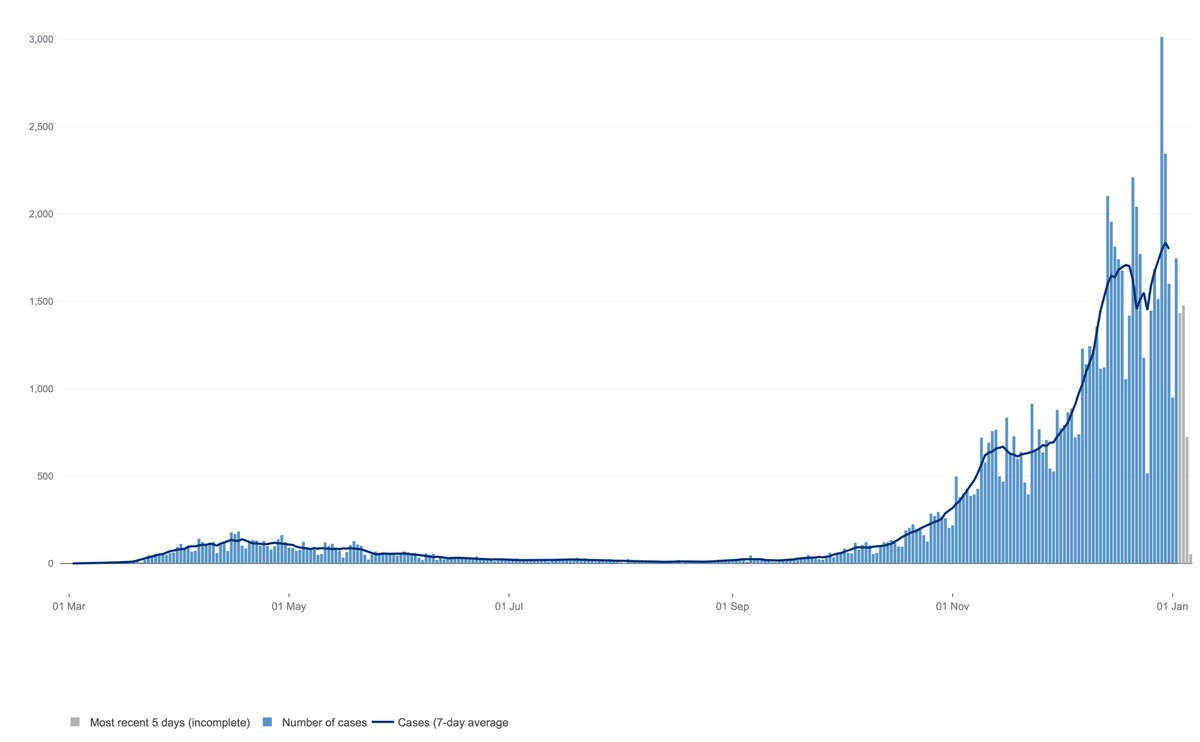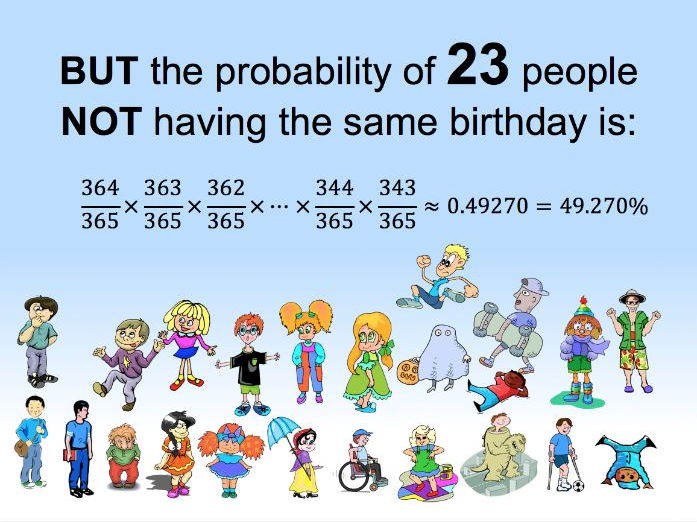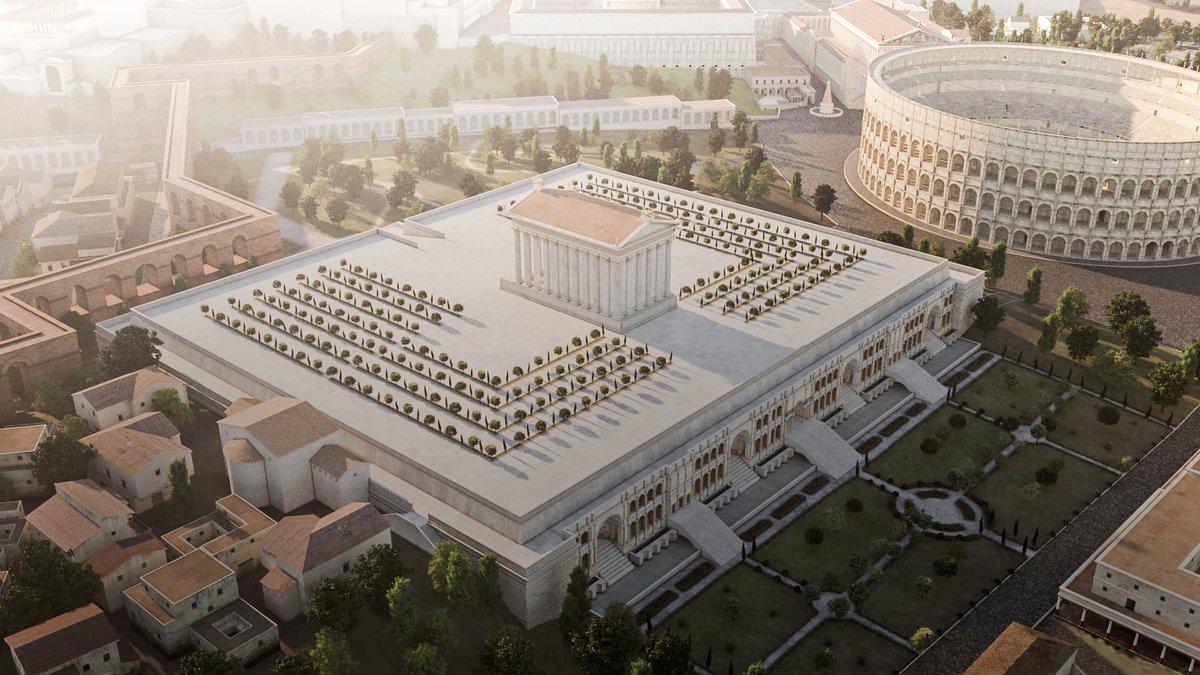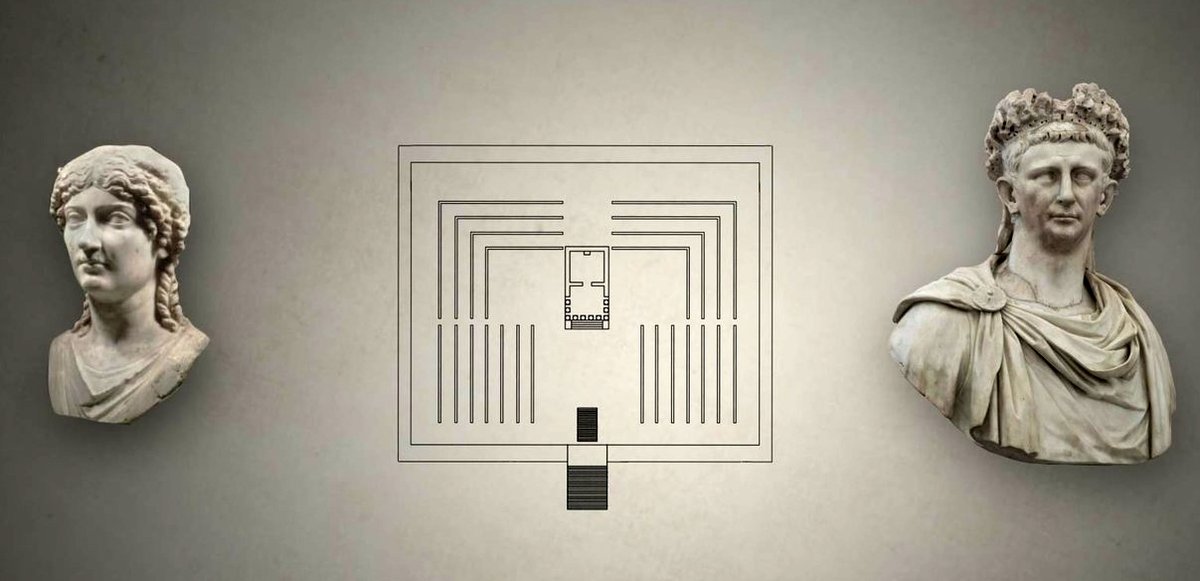Weird feeling. After 10.5 years and roughly £21,000 of debt- I finally paid off the last instalment of my student loan today.
Next month, for the first time- I’ll receive my full post tax salary, for the first time since I graduated.
Indeed IFS forecasts that 83% of students from PST 2012 reforms won’t fully pay back their loan.
Of course, HE has to be paid for and graduates pay according to their ability to do so (as their salary goes up). But as I say, important to see the system for what it is and how it works in practice.
The rest will likely have it hovering over them, in one form or another, until their 50s.
...from family to reduce (or eliminate) their loans. With George Osborne\u2019s abolition of the maintenance grant (and replacement with another loan) that inequity has become greater. Poorer students start working life as poorer graduates...
— Lewis Goodall (@lewis_goodall) February 15, 2021
So let’s take a graduate on Plan 2 with a debt of £50k and a v respectable starting salary of £28,500.
Despite a good, rising salary their debt *never goes down*. Rises to £113k.
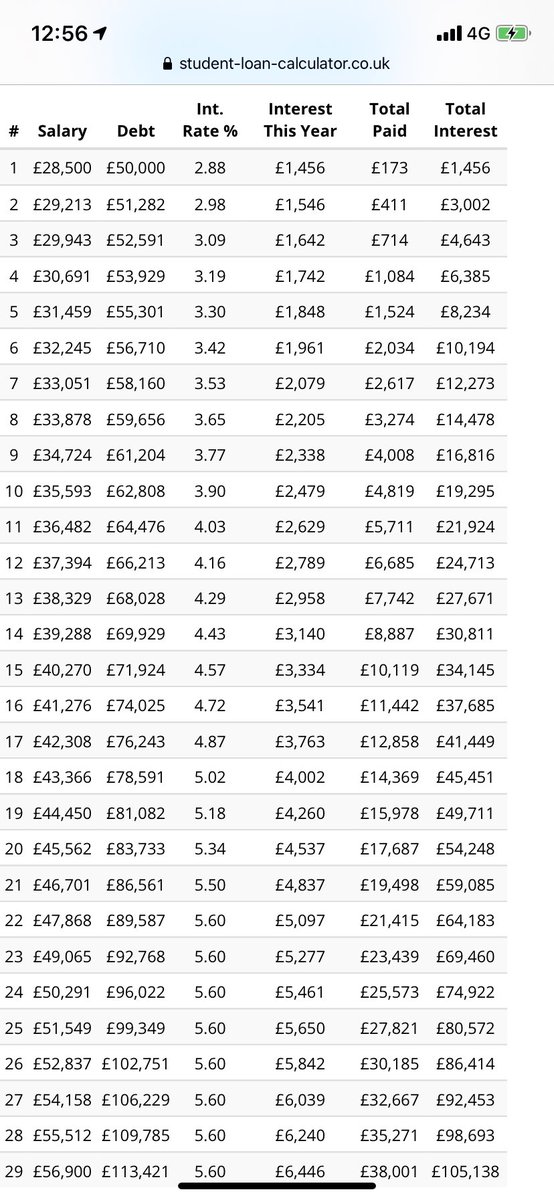
For Plan 2 (since 2012) those things are no longer the case.
More from Lewis Goodall
More from Finance
Here’s what "financial wellness" means to me
⬇️⬇️⬇️⬇️⬇️⬇️⬇️⬇️⬇️⬇️
2/ Mindset
Humans are programmed to think short-term
Evolutionary, thinking short-term makes sense. It helps with survival.
Financial wellness is all about training yourself to develop a long-term mindset
Not easy -- it takes practice

3/ Mindset
If you join the right tribes, you can’t help but improve
My favs:
@AffordAnything
@ChooseFiFI
FinTwit
@MicroCapClub
@themotleyfoolFool
@visualizevalue
Twitter / Podcasts / Blogs / YouTube -- when used correctly -- are amazing
1/ YouTube is an AMAZING resource when used properly (Thread)
— Brian Feroldi (@BrianFeroldi) November 7, 2020
Here are my favorite YouTube channels:
Top 5:
Mark Rober - @MarkRober
Real Engineering
Smarter Every Day - @smartereveryday
Stuff Made Here - @stuffmadehere
Wintegartan - @wintergatan
More \U0001f447\U0001f447\U0001f447\U0001f447\U0001f447
4/ Mindset
Educate yourself - constantly!
Especially about:
1⃣Money
2⃣Relationships
3⃣Health
These 3 categories have an outsized influence on all areas of your life
Books
1/ Book recommendations (thread)
— Brian Feroldi (@BrianFeroldi) November 20, 2020
Start Here:
Choose FI
Richest Man in Babylon
Millionaire Next Door
Rich Dad, Poor Dad
The Wealthy Barber
\u2b07\ufe0f\u2b07\ufe0f\u2b07\ufe0f\u2b07\ufe0f\u2b07\ufe0f
5/ Career
In the beginning, focus on growing your income
Do more than what is expected
Become a lynchpin
Find a career that you ENJOY (<- important!) that also has high-income potential
Start a side hustle (<- important!)
Build your talent
Boosting your salary is a great way to turbo-charge wealth building
— Brian Feroldi (@BrianFeroldi) November 1, 2020
Here's the good news: Your salary is negotiable!@themotleyfool and @ChooseFi have some AMAZING free resources for scoring a big raise:
Use them!
\U0001f447\U0001f447\U0001f447


